Maybe it’s because I am a lifelong Nebraskan with deep farm roots. Maybe it’s because I am a person with an outgoing, assertive personality who thoroughly enjoys interacting with people. Maybe it’s because of what I do for living and my employer. Maybe it’s because I am a legal hunter, an ethical hunter. I don’t know for sure.
But honestly, I have never had difficulty acquiring permission to hunt on private land with good habitat. I feel the quest for private land access to hunt is simply part of the overall hunting experience itself, although it is one of paramount importance in a state such as Nebraska where 97 percent of the land is held in private ownership.
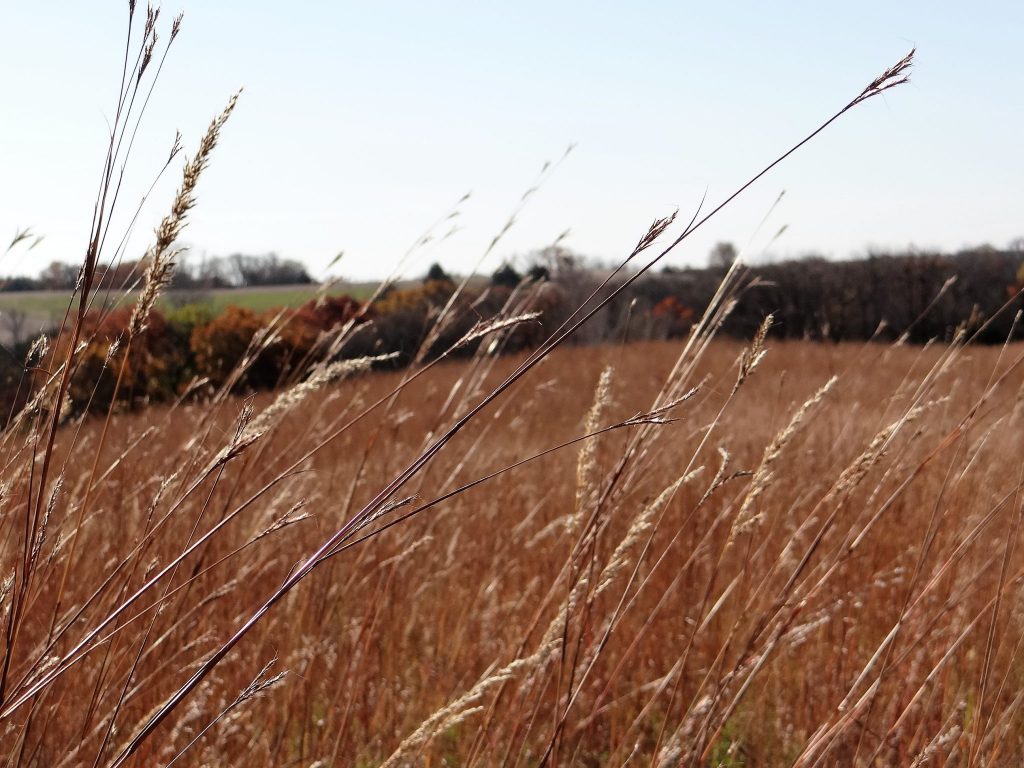
Over the years, I’ve developed numerous friendships with landowners that have gone far, far beyond my interest in hunting. These landowners have actually become “family!” I attend their graduations, weddings, anniversaries, funerals, etc. and get this, I am even offered fresh sweet corn to pick about the first of August!
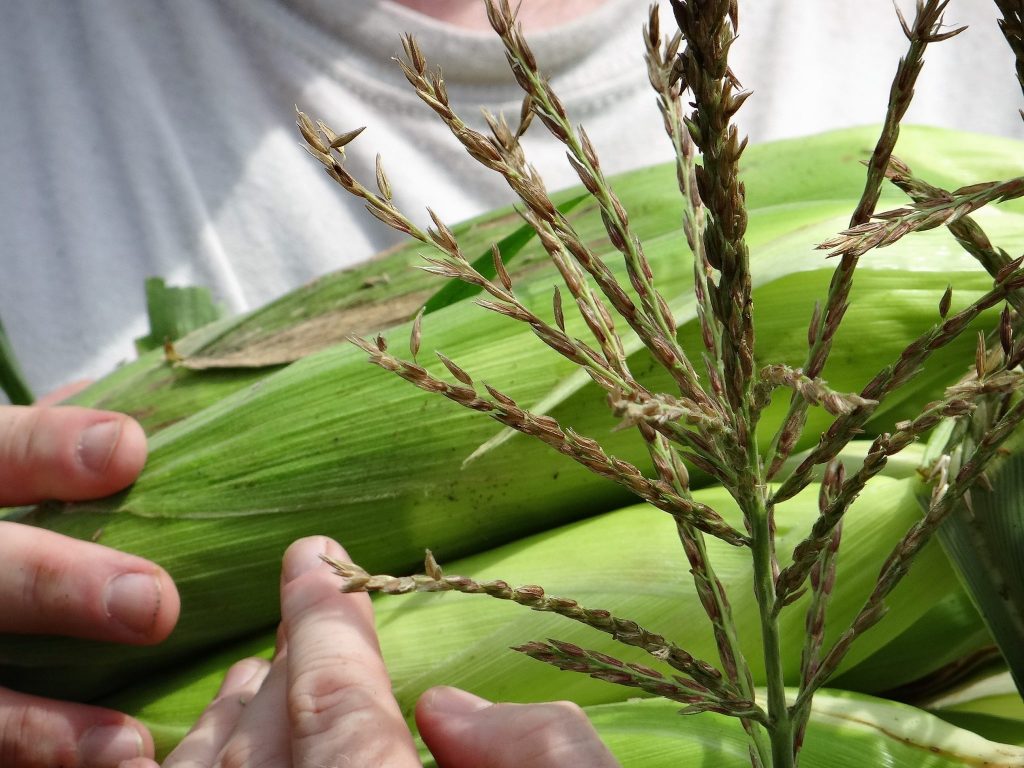
While these friendships have allowed me to hunt their land each year, I’ve also paid it forward in a variety of ways.
One of the biggest obstacles to hunters these days is getting permission to hunt private land. It certainly is not an easy task. In fact, it can be a downright daunting task. A distant memory are the good ole’ days when the ends of weedy fence rows did not have ‘No Hunting’ signs posted and the leasing of property for hunting rights wasn’t considered other than for waterfowl.
Though quite challenging, it is not impossible to find a place to hunt game animals and birds on private property. Expect to put forth a great deal of effort. When analyzed, nearly all of the methods to obtain permission to hunt private land are based on one factor, you, and more specifically, your personality.
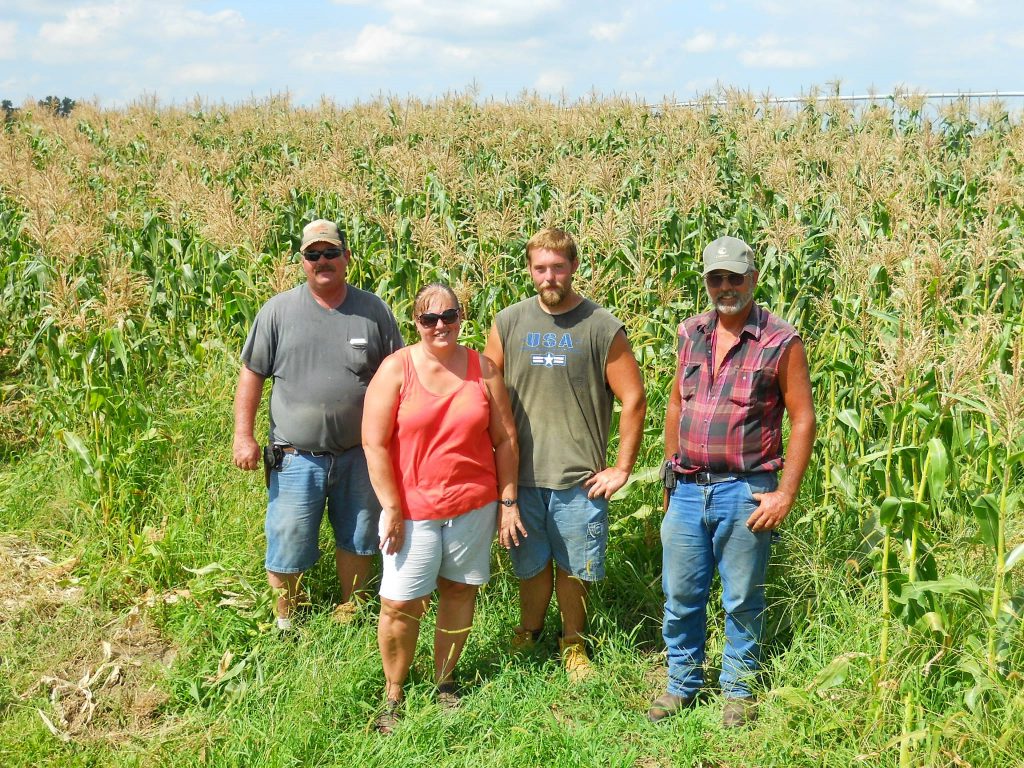
Here are my top tips to assist you with gaining permission to hunt on private land:
- Connections to landowners. Knocking on doors randomly is a difficult way to get permission to hunt on private land. It is best to have some leads and references. Chances are someone in your family, among your friend group, in your circle of co-workers or conservation organization, knows a rural Nebraska landowner and may even call ahead to tell them that you will be contacting them. The bottom line here: Network!
- Face to face, no large groups. No phone calls, no emails, no letters, no Snapchat, no social network messaging. Find out who owns a particular piece of property through the local County Register of Deeds Office. Getting a county plat book also can be helpful. Then, drive out, knock on the door, and meet that farmer or rancher face to face! These ‘salt of the earth’ folks want to meet and get to know you in person! Consider it like a job interview, but without the suit and tie, of course. Take youth along to be part of the experience but do not show up with a several people, multiple trucks and a bunch of dogs and expect to gain hunting access. Most landowners dislike more than a couple hunters in one vehicle arriving on their property.
- Appropriate times. It’s generally not a good idea to try to contact landowners during meal times, Sunday morning church periods, fall harvest, or calving season. Approach landowners on a nice, sunny days. Folks tend to be in a better mood on sunny days, and may be more receptive to letting you hunt their land. Remember, go well in advance of your hunting season opening dates and mid-summer is generally a good time.
- Dress and drive for success. Shower, dress in clean, normal clothing, look presentable and relatable, but not formal (no hunting clothing either, please). Showing up in a clean vehicle is crucial, too! To a landowner, a truck covered in mud means “this guy is gonna be off-road tearing up my fields!” A negative impression can be formed before you ever turn off the engine of your vehicle.
- ID card/hunter education certificate. Carry homemade index cards with your personal information on them to hand to the landowner as well as proof that you’ve successfully completed a firearm hunter or bowhunter education course. Landowners want to know who is on their property, if they are safe hunters and how to contact them if necessary. This is also important if the landowner initially declines your request to hunt but reconsiders at a later time or knows of another landowner, perhaps a neighbor, to whom they can provide your information.
- Discussion topics. When visiting with our Nebraska farmers and ranchers, be prepared to talk about topics such as weather, hay, crops, grain commodities, livestock (cattle) prices, Conservation Reserve Program (CRP), wildlife, and yes, even some local issues and politics. Don’t forget that it is most important to be an active listener during these discussions.
- Gestures of appreciation. In many cases hunters may want to offer a service or assistance with farm or ranch chores. Help a farmer or rancher fix fence, put up hay, separate cattle, work on buildings, split firewood, pick up trash, etc. Tell them you’ll report any things you see damaged or in need of repair on the property. A fruit basket, box of beef steaks or even a one-year subscription to NEBRASKAland magazine are friendly gestures that many rural Nebraska landowners like. Also, consider sharing some your game harvested. Bring a roll of venison summer sausage or a package of wild game jerky to give to the landowner. Here’s something else to consider doing. Make a cash donation to support the Hunters Helping the Hungry program in recognition of a landowner who gave you permission to hunt. That monetary donation will go towards paying contracted, participating meat lockers for deer processing. By the way, always include a handwritten a note of thanks and a nice photo of their rural property for granting you a special day on their land.
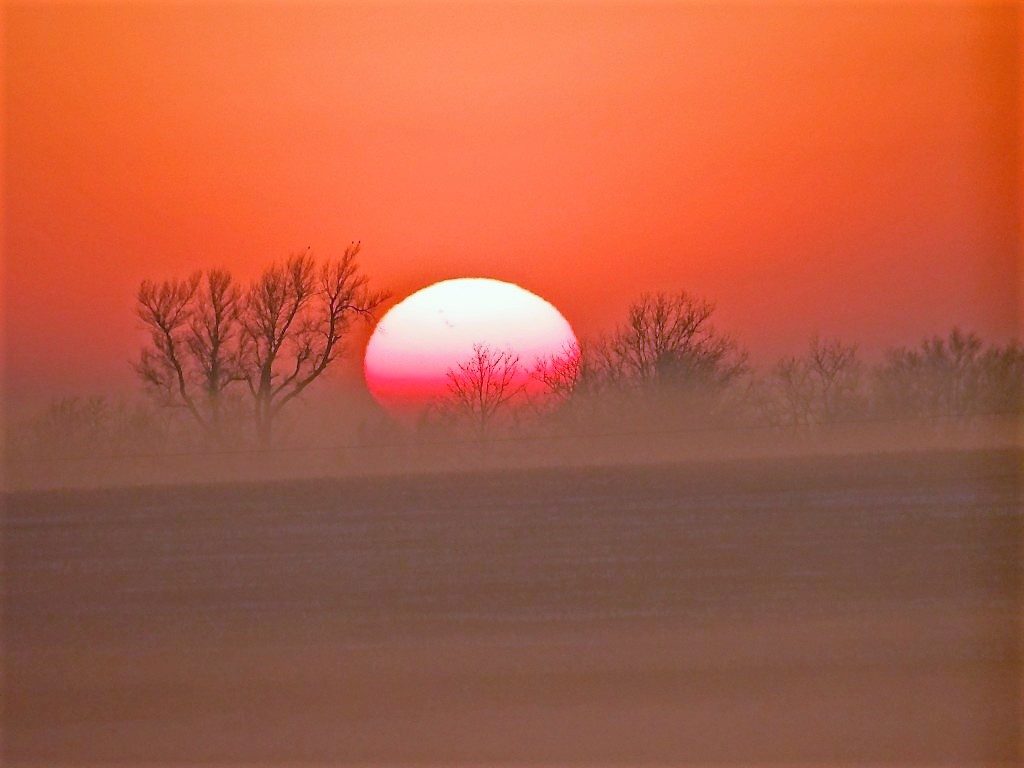
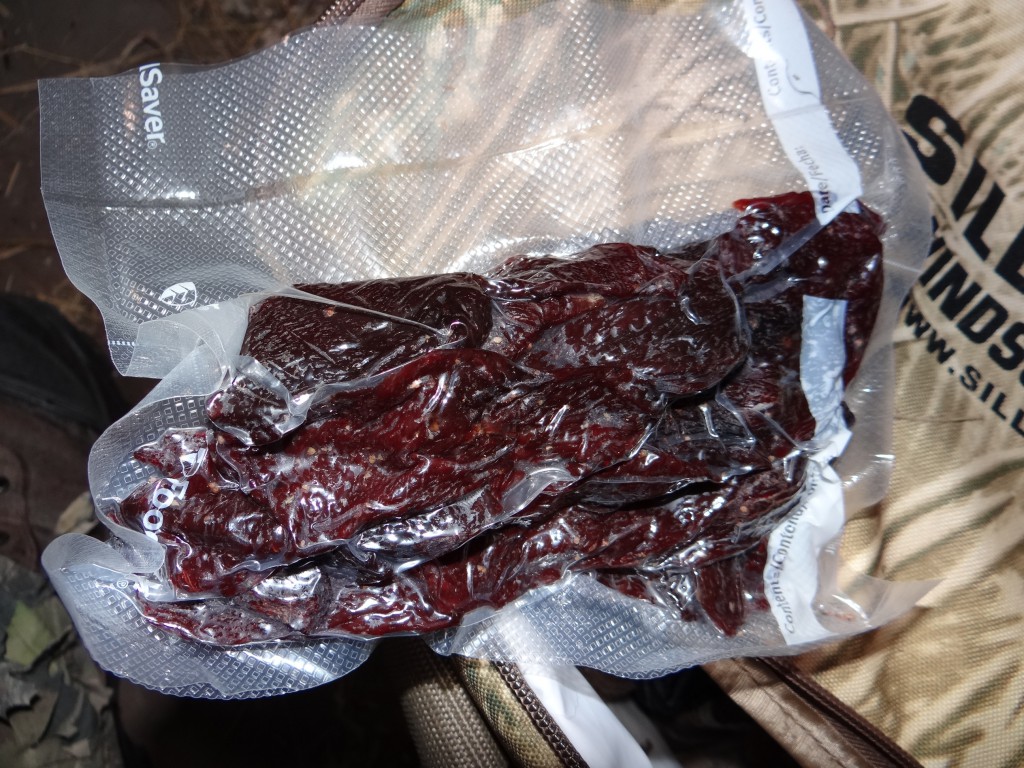
- Be yourself and don’t fear rejection. When visiting with the landowner, always be respectful, polite, honest, confident and forthright with information, but most of all BE YOURSELF (don’t sugar coat things because Nebraska farmers and ranchers can smell “bull” from a mile away!). If a landowner says no to hunting, thank him or her for their time, and be on your way! Rejection is part of this process. Keep in mind, too, that first impressions matter! You may have only a couple of minutes to sell yourself, so know what you are going to say in advance of your conversation with that farmer, rancher or large acreage owner.
- Be flexible. The more flexible you are, the more flexible a landowner will be with allowing you to hunt. Perhaps you cannot hunt certain weekends when the landowner’s relatives will be in the field. Perhaps you cannot go in a certain area of the property because others already have permission to hunt it. Perhaps it is archery only.
- Offer to hunt other species. It is often better to ask a landowner to hunt predators such as coyotes or furbearers such as raccoons, or even abundant small game animals such as cottontail rabbits and fox squirrels. Most landowners do not have the time to thin out dense populations of these animals that may be causing problems but are eager to have their numbers reduced. Chances are if you are effective, they’ll extend the privilege to hunt desired game animals and birds. Furthermore, where white-tailed deer numbers are substantial and generating crop damage, another way to be esteemed by landowners is to ask to hunt white-tailed does (antlerless white-tailed deer).
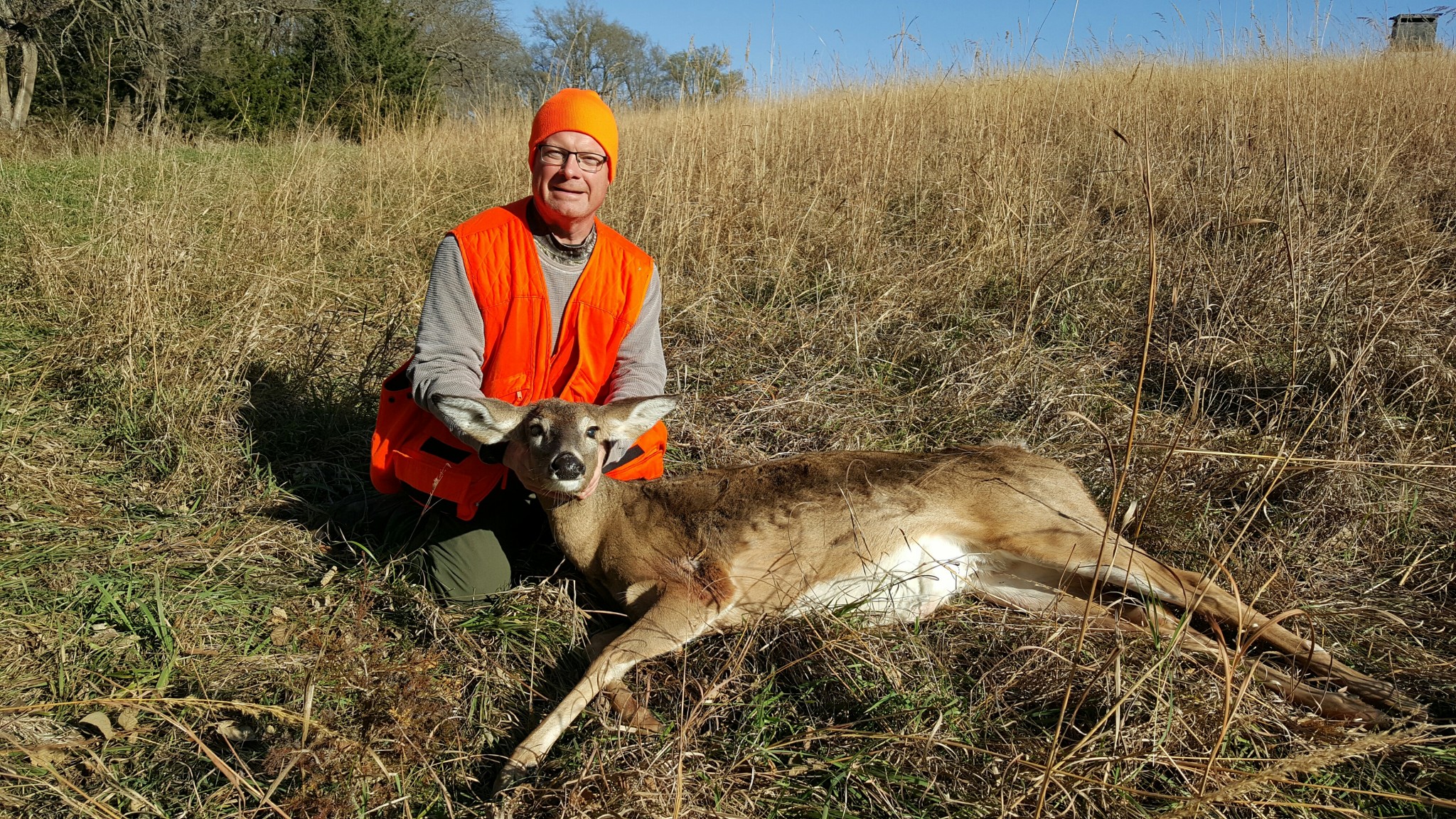
- Leave the ATV at home. Never show up pulling an ATV on a trailer, because many farmers and ranchers don’t want them on their property. Once you gain a landowner’s confidence you might look into the use of an ATV.
- Help after bad weather. Do show up after a bad weather event to see if the landowner needs help with anything on his or her place with regard to clean up detail or assistance with repairs.
- Pertinent contact info. After acquiring permission to hunt from the landowner, make certain you know the best way to get a hold of him or her for future reference.
- What about paying to play? I personally do not pay to hunt, except for taking youth on licensed Controlled Shooting Areas. However, some hunters or groups of hunters do pay money to lease the hunting rights from a private landowner for free ranging game species. When money is exchanged, things change. They become more complicated, the Recreation Liability Act needs to be addressed and most likely you will need the services of an attorney regarding a contract.
Good luck! GW.

The post Can I get permission to hunt your land? appeared first on NEBRASKALand Magazine.






















